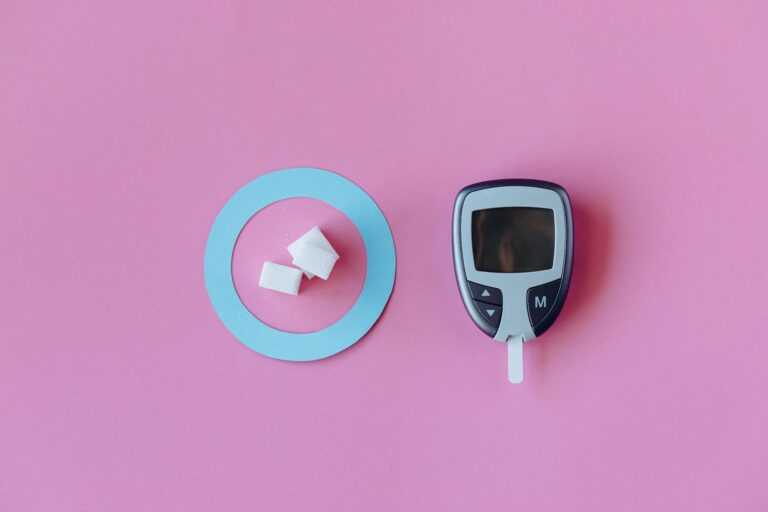Memory retention is an essential aspect of our daily lives. It allows us to remember important information and experiences, learn new things, and navigate through our day-to-day activities. However, have you ever thought about how our social interactions impact our memory retention? The truth is, social interaction plays a significant role in shaping our memory retention abilities. In this article, we will delve into the link between social interaction and memory retention, and explore its impact on our overall cognitive function.
Firstly, let’s define memory retention. Memory retention refers to the ability to store and retrieve information over time. This process involves three stages: encoding, storage, and retrieval. During the encoding stage, our brain receives and processes information. The information is then stored in our memory during the storage stage. Finally, when we need to recall the information, the retrieval stage comes into play.
Now, let’s explore how social interaction affects each of these stages.
Encoding:
Social interaction has a significant impact on the encoding stage of memory retention. When we engage in social activities, our brain is stimulated, and we are exposed to new information and experiences. Our brain processes this information and forms new memories. For example, when we have a conversation with someone, we are constantly listening, responding, and processing the information being exchanged. This active engagement helps us encode the information more effectively.
Moreover, social interactions also improve our attention span and focus. When we are engaged in a conversation or group activity, we are less likely to get distracted. This focused attention allows us to encode information more accurately and store it in our memory for later retrieval.
Storage:
As mentioned earlier, social interaction exposes us to new experiences and information. Our brains are constantly making connections between different pieces of information. These connections help us store memories more effectively. When we engage in social activities, we are exposed to diverse perspectives, different cultures, and unique experiences. These interactions provide our brain with a variety of information and experiences to form connections and strengthen our memory storage.
Furthermore, engaging in social activities also stimulates the release of neurotransmitters, such as dopamine and oxytocin, which play a crucial role in memory retention. These neurotransmitters enhance our cognitive function, making it easier for us to process and store information.
Retrieval:
The final stage of memory retention is retrieval, and social interaction has a significant impact on this stage as well. When we engage in social activities, we are constantly recalling past experiences and memories to communicate effectively. This constant retrieval of information strengthens our brain’s ability to recall information when needed. Moreover, social interactions also provide us with opportunities to practice retrieving information, which is an essential aspect of strengthening our memory retention abilities.
Furthermore, social interactions can also trigger emotions and feelings associated with past memories, making them easier to retrieve. For example, when you meet an old friend, you may recall happy memories associated with them, making it easier to remember details about your past experiences together.
In addition to the direct impact on memory retention stages, social interaction also has indirect benefits. Social activities help reduce stress and anxiety levels, which are known to have a negative impact on memory retention. When we are relaxed and in a positive state of mind, our brain functions better, making it easier for us to retain information.
Furthermore, social interactions also provide opportunities for learning and intellectual stimulation, which are crucial for maintaining healthy brain function. Engaging in challenging conversations and debates can help improve critical thinking skills, problem-solving abilities, and overall cognitive function.
In conclusion, the link between social interaction and memory retention is undeniable. Our brains are wired for social connections, and engaging in social activities has a profound impact on our cognitive function. From improving attention span and focus to stimulating the release of neurotransmitters, social interaction influences all stages of memory retention. So next time you find yourself hesitating to join a social gathering, remember the positive impact it can have on your memory retention abilities.





